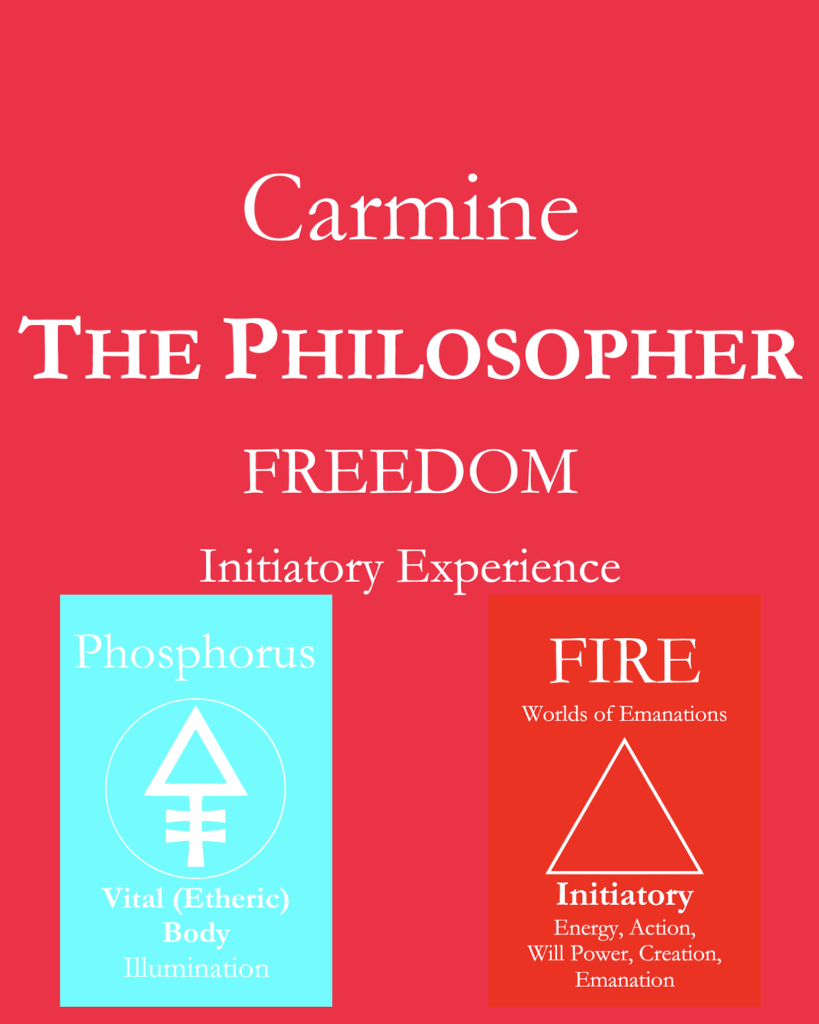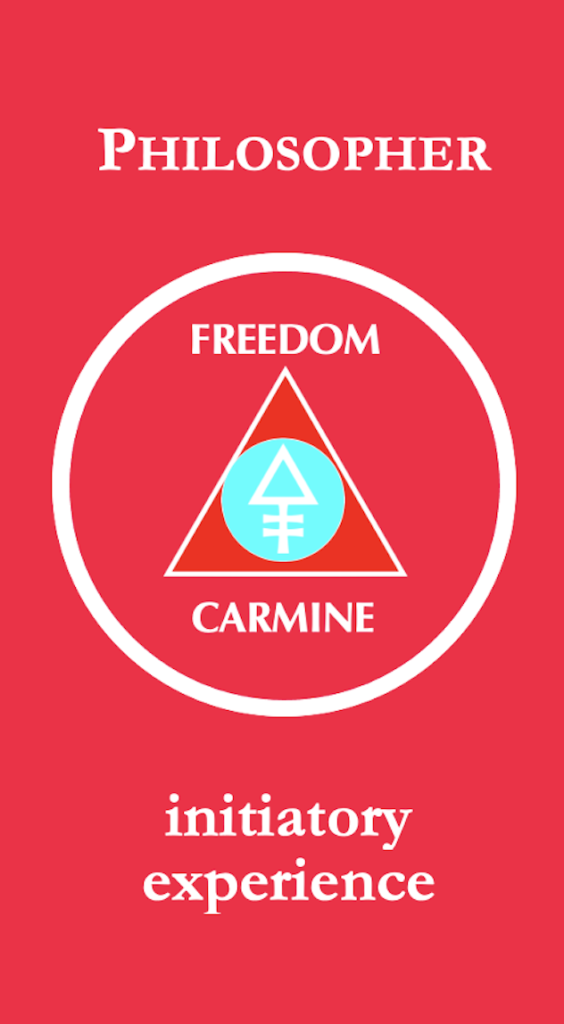Carmine
The Philosopher
Philosophers, individuals devoted to the pursuit of wisdom and understanding through rational inquiry and critical reflection, embody a distinctive set of attributes and qualities that distinguish them as seekers of truth and knowledge. Here are the key attributes of a philosopher:
- Critical Thinking: Philosophers demonstrate strong critical thinking skills, able to analyze and evaluate arguments, ideas, and beliefs rigorously and logically. They question assumptions, challenge conventional wisdom, and seek clarity and coherence in their reasoning.
- Intellectual Curiosity: Philosophers possess a deep intellectual curiosity and thirst for knowledge, driven by a desire to explore fundamental questions about existence, reality, knowledge, morality, and the nature of the human experience. They engage in lifelong learning and inquiry, constantly seeking to broaden their understanding of the world.
- Open-mindedness: Philosophers approach ideas and perspectives with an open mind, willing to consider diverse viewpoints, theories, and interpretations. They embrace intellectual diversity and engage in respectful dialogue and debate with others, recognizing the value of different perspectives in the pursuit of truth.
- Skepticism: Philosophers maintain a healthy skepticism towards received wisdom, dogma, and unsubstantiated claims. They question the reliability of sources, scrutinize evidence, and demand empirical support for assertions and beliefs, remaining vigilant against fallacious reasoning and logical errors.
- Clarity of Expression: Philosophers communicate ideas with clarity, precision, and coherence, employing language effectively to convey complex concepts and arguments. They strive for clarity of expression in their writing and speech, making their ideas accessible and comprehensible to others.
- Analytical Skills: Philosophers possess strong analytical skills, capable of breaking down complex problems into their constituent parts, identifying patterns, and discerning underlying principles and structures. They employ analytical tools and methods from various disciplines to analyze philosophical issues and concepts.
- Ethical Integrity: Philosophers adhere to principles of intellectual honesty, integrity, and ethical conduct in their pursuit of knowledge and truth. They uphold standards of academic integrity, acknowledge the contributions of others, and attribute sources accurately in their scholarly work.
- Humility: Philosophers embody humility in the face of the limitations of human knowledge and understanding. They recognize the provisional nature of philosophical inquiry and remain open to revising their beliefs and positions in light of new evidence and insights.
- Synthesis and Integration: Philosophers seek to synthesize and integrate diverse perspectives, theories, and disciplines to gain a comprehensive understanding of complex phenomena and philosophical questions. They draw connections between seemingly disparate ideas, fostering interdisciplinary dialogue and collaboration.
- Reflective Practice: Philosophers engage in reflective practice, cultivating self-awareness, introspection, and mindfulness in their philosophical inquiry. They reflect on their own assumptions, biases, and preconceptions, striving for self-knowledge and intellectual humility in their pursuit of wisdom.
By embodying these attributes, philosophers contribute to the advancement of knowledge, the exploration of existential questions, and the cultivation of critical thinking and intellectual discourse in society. They inspire others to engage in philosophical inquiry, challenge assumptions, and pursue a deeper understanding of the human condition and the universe.





